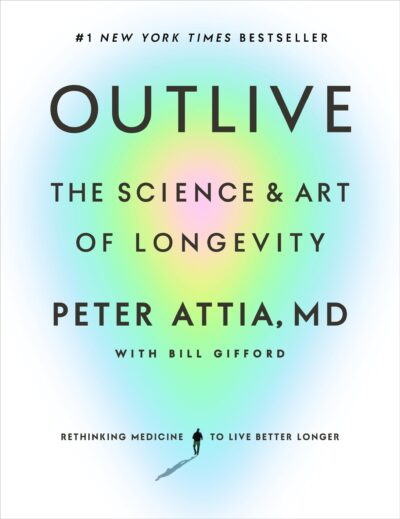112 Results in the "Self-Help & Personal Development" category
Biography & Memoir (513)
Books Like (9)
Business & Finance (3)
Children’s Fiction (235)
Dystopian (30)
Education & Learning (26)
Fantasy (1832)
fashion (1)
Fiction (5781)
Health & Wellness (21)
Historical Fiction (662)
Horror (162)
Literary Fiction (1011)
Non-Fiction (1326)
Novel (240)
Others (106)
Philosophy (147)
Poetry (208)
Politics & History (126)
Posts (121)
Psychology (50)
Religion & Spirituality (1)
Romance Novel (771)
Science & Technology (65)
Science Fiction (409)
The Ultimate Book Lists (1)
Thriller / Mystery (912)
Travel & Adventure (2)
True Crime (57)
view (96)
Young Adult (751)
-
 How to Live on 24 Hours a Day by Arnold Bennett is a practical and motivational book that encourages readers to make the most of their time. Written in 1910, the book offers timeless advice on how to use the 24 hours we all have each day to enrich our lives. Bennett argues that by dedicating even a small portion of our day to self-improvement—through reading, learning, or reflecting—we can achieve personal growth and fulfillment. Blending wit, wisdom, and actionable suggestions, the book inspires readers to rethink their daily routines and invest in their intellectual and spiritual well-being.
How to Live on 24 Hours a Day by Arnold Bennett is a practical and motivational book that encourages readers to make the most of their time. Written in 1910, the book offers timeless advice on how to use the 24 hours we all have each day to enrich our lives. Bennett argues that by dedicating even a small portion of our day to self-improvement—through reading, learning, or reflecting—we can achieve personal growth and fulfillment. Blending wit, wisdom, and actionable suggestions, the book inspires readers to rethink their daily routines and invest in their intellectual and spiritual well-being.-
4.7 K • Nov 8, '24
-
4.8 K • Nov 8, '24
-
4.2 K • Nov 8, '24
-
-
Story
Worldly Ways and Byways
 Worldly Ways and Byways by Eliot Gregory is a collection of essays published in 1898 that humorously critiques social etiquette, cultural norms, and the manners of the late 19th century. Gregory offers witty commentary on topics such as American versus European manners, the superficiality of certain social customs, and the influence of wealth on society. The essays, written in a light-hearted and satirical tone, provide an insightful glimpse into the social mores of the Gilded Age, making it both a delightful and thought-provoking read on human nature and social sophistication.
Worldly Ways and Byways by Eliot Gregory is a collection of essays published in 1898 that humorously critiques social etiquette, cultural norms, and the manners of the late 19th century. Gregory offers witty commentary on topics such as American versus European manners, the superficiality of certain social customs, and the influence of wealth on society. The essays, written in a light-hearted and satirical tone, provide an insightful glimpse into the social mores of the Gilded Age, making it both a delightful and thought-provoking read on human nature and social sophistication.-
5.1 K • Nov 8, '24
-
4.3 K • Nov 8, '24
-
5.0 K • Nov 8, '24
-
-
 The Body Keeps the Score by Bessel van der Kolk explores how trauma impacts both the brain and body, offering insights into healing through therapies like mindfulness and yoga. A powerful, essential read for understanding and overcoming trauma.
The Body Keeps the Score by Bessel van der Kolk explores how trauma impacts both the brain and body, offering insights into healing through therapies like mindfulness and yoga. A powerful, essential read for understanding and overcoming trauma.-
4.1 K • Jan 8, '25
-
153.3 K • Jan 8, '25
-
45.7 K • Jan 8, '25
-
-
 The Four Agreements by Don Miguel Ruiz offers practical wisdom for personal freedom, teaching four simple principles to break free from limiting beliefs and find peace: Be impeccable with your word, Don’t take anything personally, Don’t make assumptions, and Always do your best. A powerful, transformative read for personal growth.
The Four Agreements by Don Miguel Ruiz offers practical wisdom for personal freedom, teaching four simple principles to break free from limiting beliefs and find peace: Be impeccable with your word, Don’t take anything personally, Don’t make assumptions, and Always do your best. A powerful, transformative read for personal growth.-
28.5 K • Jan 8, '25
-
4.2 K • Jan 8, '25
-
4.6 K • Jan 8, '25
-



